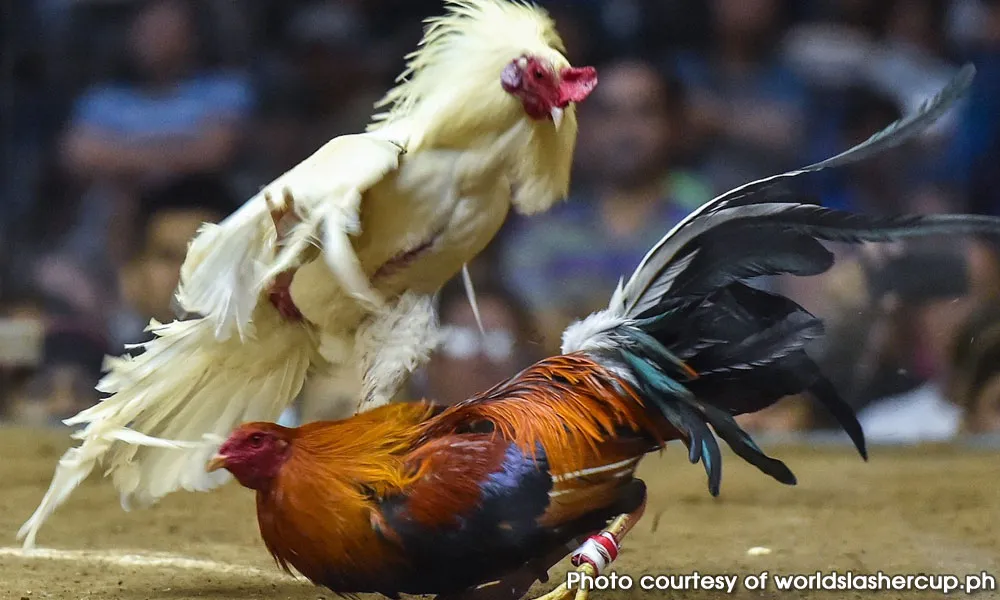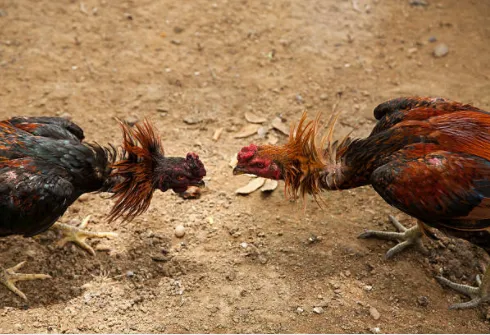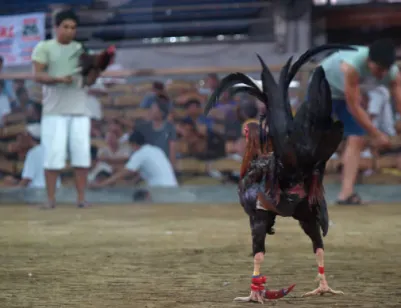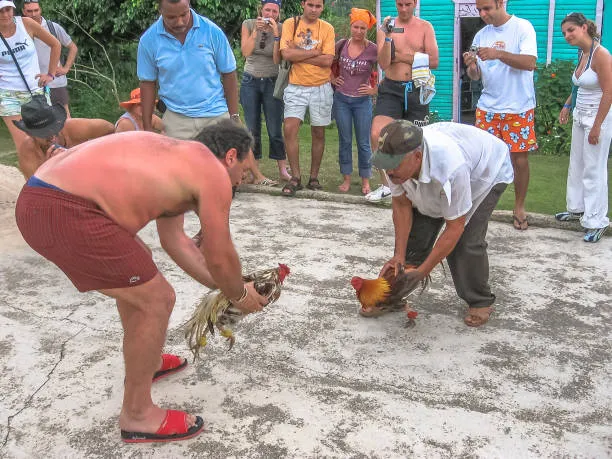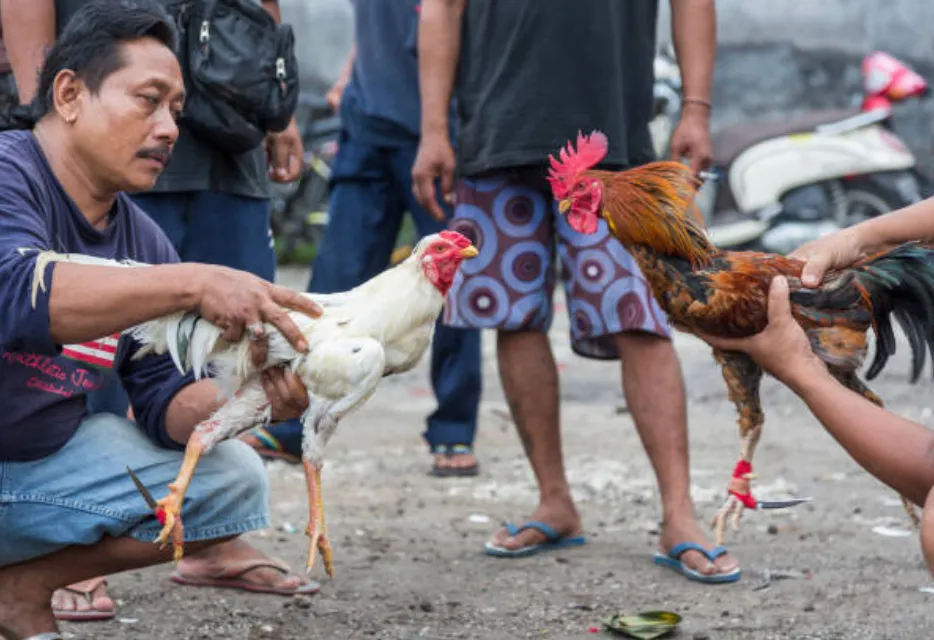Philippines Online Cockfighting Betting Tax Bill Progresses (Sabong Arena)
Genre
Sabong Arena
Keywords
Sabong Online News
Article ID
00000529
The Philippine House Committee on Ways and Means approved in principle a bill that proposes a 5% tax for offsite and online sabong (cockfighting) betting, as well as other legally-operated electronic betting activities.
The committee oversees monetary, financial, and fiscal issues relating to the national government. In a meeting on Tuesday, committee members agreed in principle on House Bill No. 7919, filed in October by Rep. Joey Salceda. The bill aims to bring more accountability and transparency to online sabong and related games.
Speaking about his proposal, Salceda said that the electronic aspect of online sabong betting is currently a legal grey area. As a result of this ambiguity, the government cannot currently levy taxes on these activities.
By clarifying the law, Salceda said this move would hopefully “raise multiples more in revenues than the Bureau of Internal Revenue (BIR) collection from cockpits of PHP13.7 million (US$283,828) in 2019.”
The committee will now look for a regulatory authority that can implement the proposal.
he new tax rate established by the bill would not be in lieu of local government taxes or any regulatory charges or fees from government agencies. The goal of the tax would be to mitigate some of the damage that the COVID-19 pandemic has caused government revenue. Salceda also noted that this proposal does not impose a tax on any services or goods that are essential to Filipino citizens.
According to Games and Amusement Board chairperson Abraham Mitra, online sabong and related games are worth approximately PHP50 billion (US$1.04bn) annually. However, local governments cannot currently collect revenues effectively from these industries. During the meeting on Tuesday, the committee appointed Mitra as the chief regulator of e-sabong games.
For many years, the Philippine authorities have opposed online gambling expansion. While there is an allowance for offshore online gambling operators – known as POGOs – to base themselves in the country, they cannot target people in the Philippines.
With the pandemic shutting down and restricting land-based casinos for many months, however, there has been a change of approach. PAGCOR is now allowing certain integrated resorts in Manila to launch online gambling operations to help make up some of the lost revenue from closures and restrictions.
There is no indication if this will be a temporary allowance or a more permanent fixture in the Philippines. Uncertainty still exists about whether or not local residents will be able to use these online gambling sites.






